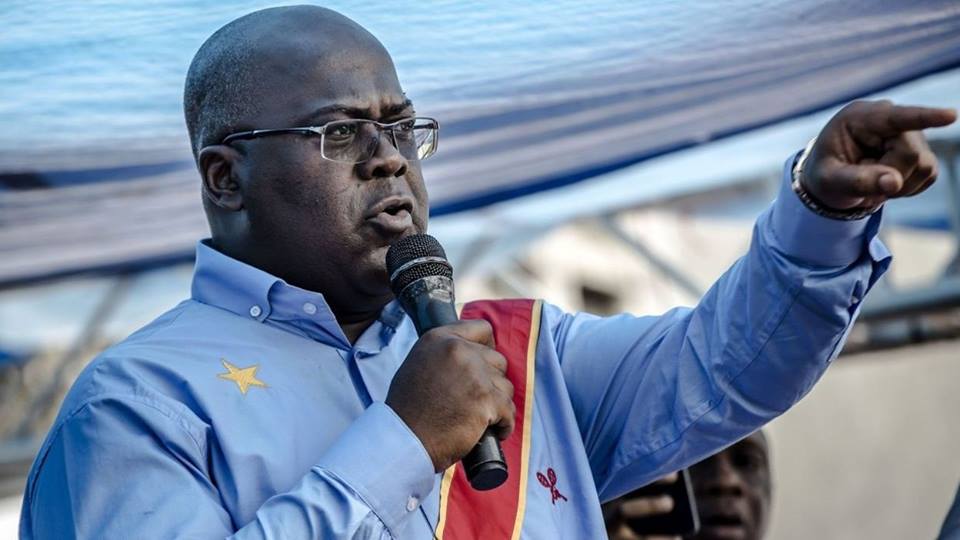Congolese President Félix Tshisekedi’s recent comparison of President Paul Kagame to Adolf Hitler has sent shockwaves through the Great Lakes region, unraveling a tangled web of historical legacies and contemporary complexities.
For many, Tshisekedi is a mad man, and a reckless political masquerader willing to trade anything to remain in power and also save face for his inability to govern effectively.
DRC’s current situation is an internal own making, but one that bears the weight of colonial exploitation, lingering like an ever-present specter shaping regional dynamics and modern geopolitics.
The eastern provinces of the DRC, teeming with coveted natural resources, have long been a battleground for various internal and external forces vying for control and economic supremacy.
The exploitation of these minerals, backed by double standards from the Western world, has ignited and fueled armed conflicts and groups, perpetuating a cycle of violence and instability.
Tshisekedi’s ascendancy to power initially hinted at an amicable relationship with President Kagame, but the script flipped drastically.
His inability to effectively govern has laid bare the nation’s systemic corruption, the absence of vital services, and the prevalence of rampant insecurity.
Instead of addressing these internal woes, Tshisekedi has taken a global stage, recklessly defaming President Kagame and his government, even insinuating plans to overthrow him.
Tshisekedi has now added a new layer to an already intricate situation, reshaping the political landscape and heightening tensions in the region.
This development, in addition to the troubling integration of genocidal elements like the FDLR into the DRC’s military, amplifies fears of potential escalations toward violent conflicts.
As if existing tensions are not enough, the plan to deploy SADC forces, seemingly aligned with Tshisekedi’s agenda, has raised skepticism about their motives and their impact on regional stability.
If not handled with precision and a sincere commitment to peace, this involvement could further exacerbate the crisis instead of offering viable solutions.
Tshisekedi’s inflammatory remarks targeting Rwanda’s leadership have only deepened the prevailing volatility.
Beyond personal spats, these statements have the potential to be exploited by a multitude of actors with diverse agendas, potentially leading to dire consequences.
Remarkably, President Kagame’s measured response, reflecting a diplomatic and strategic stance, underscores his priority for regional stability over engaging in counterproductive confrontations.
Nevertheless, urgent diplomatic interventions are crucial to navigate this intricate crisis, addressing the underlying issues and steering the region toward lasting stability.
In brief, Tshisekedi’s rhetoric, inability to govern, lack of diplomatic expertise, coupled with the historical baggage of DRC’s unfortunate exploitation, paints a complex tapestry demanding a nuanced understanding and collaborative resolution.
Preventing the exploitation of these intricate circumstances by negative forces requires a strategic, united effort from regional and international stakeholders to foster a sustainable peace in the Great Lakes region.




















